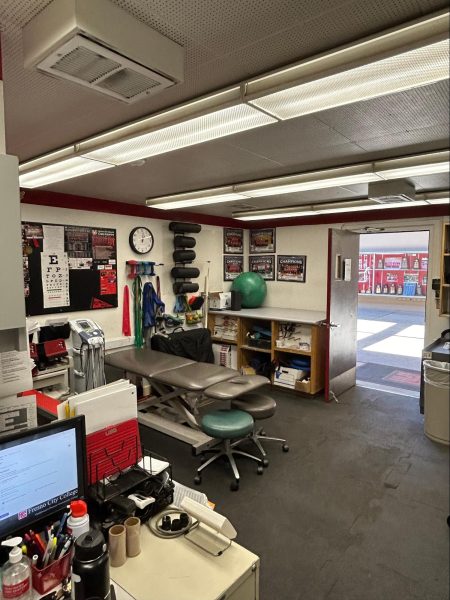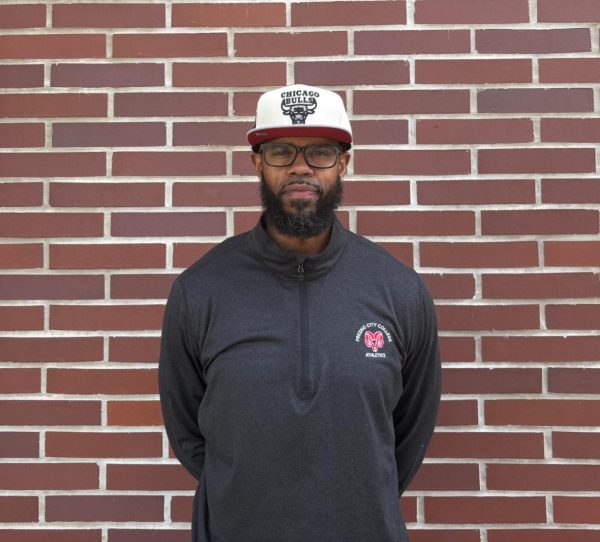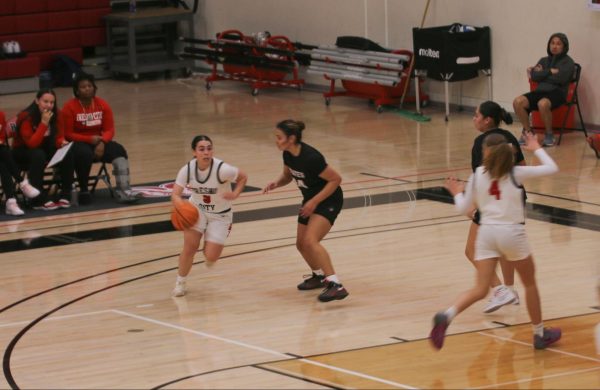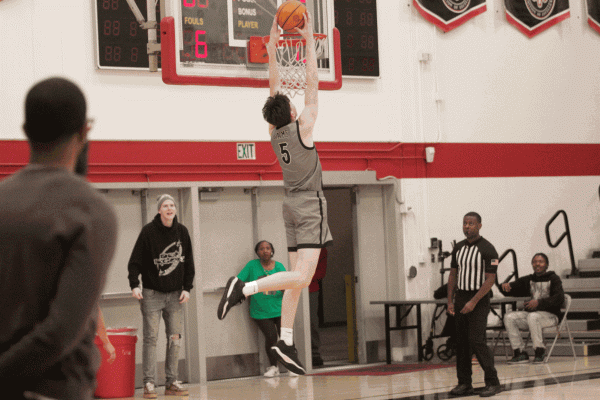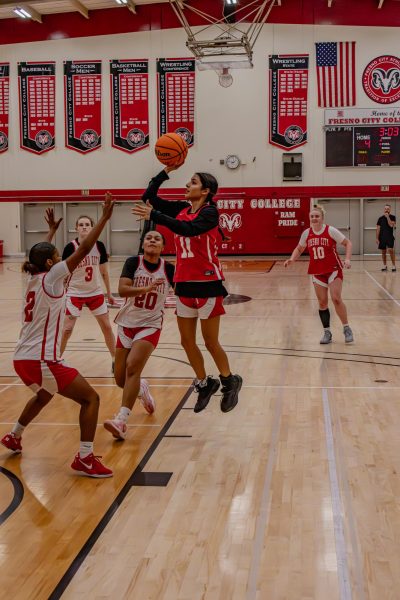Morey’s Comments Leave Future of NBA in China Uncertain
Houston Rockets general manager Daryl Morey displayed his support of Hong Kong protesters by tweeting an image with the phrase “Fight for freedom, stand with Hong Kong” on Friday, Oct. 4.
The ensuing actions of the Rockets organization, NBA, Chinese Basketball Association (CBA), Chinese media companies and the public have spun a web of differing perspectives that could potentially dissolve the relationship the NBA has forged with China over the span of nearly two decades.
Hong Kong is a semiautonomous state in relation to China, with legislative differences being a considerable distinction between the two. Tensions boiled over in June 2019, when the Hong Kong government proposed a bill that would allow criminal extradition from Hong Kong to mainland China. The proposition received public pushback.
“Critics believe the legislation would put Hong Kong residents at risk of becoming entrapped in China’s murky judicial system, in which political opponents have been charged with economic crimes or ill-defined national security transgressions,” said the Associated Press’ Christopher Bodeen and Yanan Wang.
Morey took to social media to voice his perspective on the political protests against the bill. He took down the tweet within minutes, but not before it was witnessed by large Chinese companies in business with the NBA.
Chinese Internet and streaming company Tencent announced that it would no longer show Rockets games or coverage, despite recently extending its five-year, $1.5 billion partnership with the NBA to make live games and video content available to fans in China.
The Athletic’s Shams Charania also reported that the CBA will cancel G League exhibition games between the Rockets and Dallas Mavericks affiliates that were scheduled to be played in China in late October.
The NBA had a steadily growing popularity in China. “About 800 million Chinese watch NBA programming on TV, digital media or smartphones in a season,” said Time Magazine’s Derek Wallbank and Alfred Cang.
The Rockets organization had a large hand in attracting Chinese basketball fans to the NBA when they made Chinese center Yao Ming the first overall pick in the 2002 NBA draft. Ming would play his entire NBA career with the Rockets and go on to be a Hall of Famer.
Rockets owner Tilman Fertitta followed Morey’s tweet with one of his own, saying that Morey does not speak for the Houston Rockets and they are not a political organization. Two days later, NBA Chief Communications Officer Mike Bass, issued a statement citing Morey’s actions as “regrettable”.
On Tuesday, Oct. 8 the NBA issued another statement to clarify their stance. “It is not the role of the NBA to adjudicate those differences [in beliefs],” said NBA Commissioner Adam Silver.
“However, the NBA will not put itself in a position of regulating what players, employees and team owners say or will not say on these issues. We simply could not operate that way,” said Silver.
Charania reported that the NBA would not punish Morey for vocalizing his opinion, a telltale sign that the Association will apologetically stick to its guns. Time and time again, NBA players and representatives have been outspoken on political and social issues, often using social media.
In February 2018, NBA star LeBron James criticized President Trump via Twitter and a television appearance, only to later be told to “shut up and dribble” by Fox News host Laura Ingraham.
San Antonio Spurs head coach Gregg Poppovich and Golden State Warriors head coach Steve Kerr have used media and the press to voice their political perspectives.
In an era characterized by media consumption, we’re reminded through this outspokenness that sports figures are humans first, with every right to voice their opinion.
While NBA and CBA fans hope for tensions to be alleviated, the matter at hand is bigger than basketball and represents the safety and well-being of people across the world.
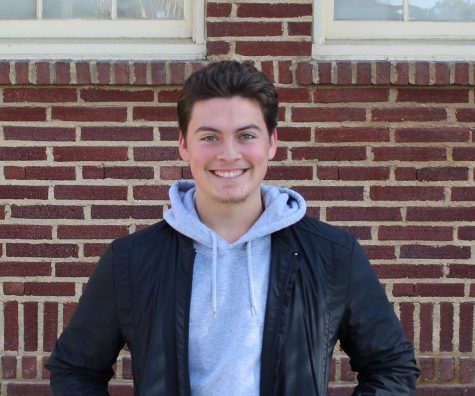
Patrick Henslee is in his third semester at the Rampage, and steps into the role of Managing Editor for the Spring 2020 semester. The 20-year-old is an...

